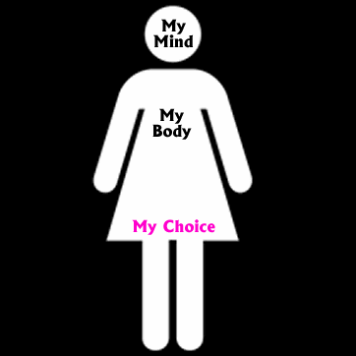
Always a controversial topic, euthanasia is the wood that fuels many fiery debates. Should a person be able to choose when they die? Is life sacred? Is the value of a life dependant on the quality of a life? If a person is suffering unbearably, do they have the right to decide whether they continue living? Although euthanasia is not legal in the UK and many other countries, many would agree that if someone has a debilitating physical disability that renders them incapable of having a decent quality of life, then they have a right to choose to end their suffering on their terms, at peace with themselves and their decision having had the opportunity to say goodbye to the ones they love. If one is physically incapable of leading a life worth living, then what is the point in living, other than to keep the ones who love you from pain or sadness? But it should not be this way. People should live because they want to and because they are able to experience a full life, not because they do not wish to hurt others. And if they do not want to, why should they? Doctors can decide not to resuscitate a seriously ill patient. Why should they essentially be allowed to decide whether a patient lives or dies, and yet they themselves cannot choose to die with dignity when they choose to. Suicide can tear families apart, it can break the hearts of the people left behind and it can leave a person to die desperately alone. But in many cases, suicide seems like the only way out for people trapped inside their disabled bodies. Here, however, is my question: What about those trapped by their own minds? Should they not also have the right to choose whether they end their suffering in peace and dignity as opposed to ending up as a stain on the floor in the shadow of a 16 storey building? One cannot tell if the mental pain that is so heavy and unendurable it physically affects everything you think, feel or do is transient or not. Just as families and friends are able, with time, to come to terms with the death of a loved one with a physical disability or illness, families need to come to terms with the fact that people with depression, bipolar, anxiety, schizophrenia, dual-personality disorder and other mental illnesses may also have the wish to die with dignity on their terms, to end their suffering. Mental illness can be unbearable, just as physical disability can. It can rob happiness, enjoyment, peace, love, laughter, fun, hope, dreams and all else that is good from a life, until it is too painful, too full of suffering to endure any more. Euthanasia is intentionally ending a life in order to relieve pain and suffering. Mental illness causes pain and suffering too.
No comments:
Post a Comment